Alien: Romulus - All Priorities Rescinded
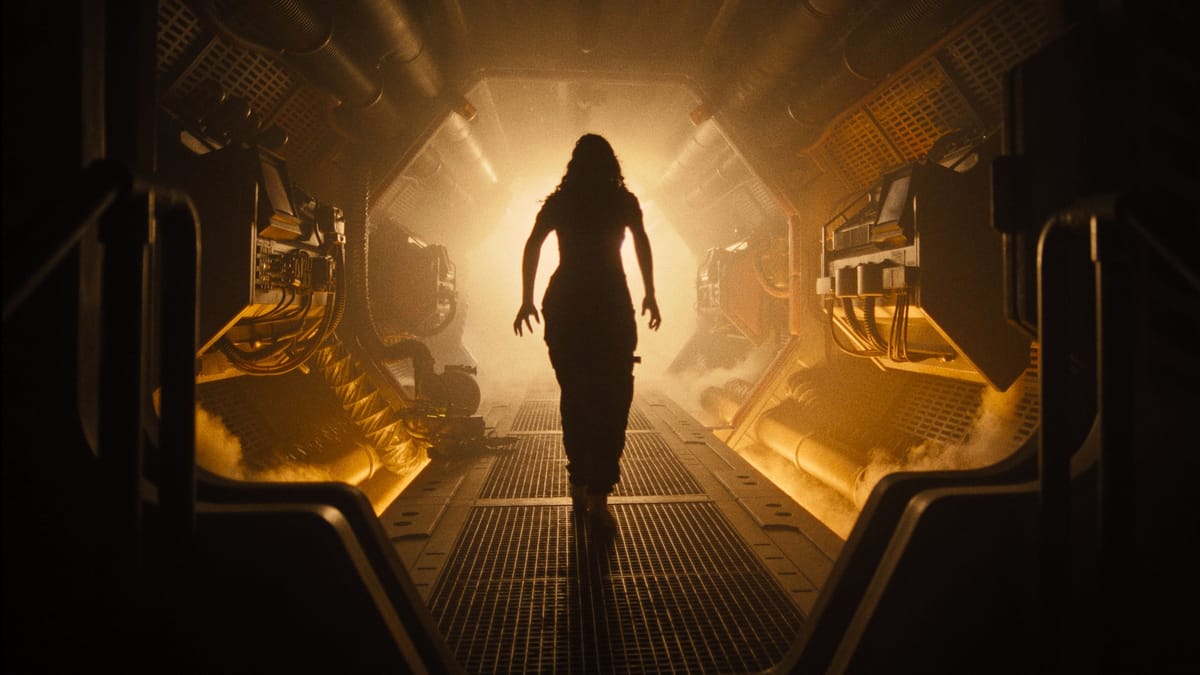
Like its titular character, Ridley Scott’s 1979 masterpiece Alien is a perfect organism. Horror at its most efficient and effective, stripped of all pretense and constructed with terrifying elegance. The score pulsates and echoes, the hulking industrial mass of the USCSS Nostromo creaks and groans, the dusty analog computers click and whirr. It’s tactile, its gravitational pull so powerful that by the time it finally unleashes the full horror of H.R. Giger’s biomechanical nightmare you’ve become completely enveloped by its atmosphere. Alien’s sequels never attempted to recreate that atmosphere, instead becoming mercurial and malleable, repeatedly finding novel ways to inject new horrors into the franchise’s DNA. Fittingly, a franchise of rebirth and resurrection, reconfiguring its terror to explore the human condition and deconstruct our own mythos. Motherhood, pregnancy, sexuality, grief, greed, agency, they all echo throughout the series in different ways, culminating in Ridley Scott’s Prometheus and Covenant, films that twist our cosmic insignificance into biblical odysseys of creation. Alien: Romulus has no echoes. Just ghosts.
It's abundantly clear that Fede Álvarez loves Alien. That’s a great thing when it means he’s painstakingly crafted a faithful aesthetic and atmosphere, and a not so great thing when it means that this film doesn’t have any aspirations beyond dedicating itself to the franchise that birthed it. This is an Alien movie that feels without purpose – so caught up in its adoration of the other movies that it can’t escape them. For audiences who despised Scott’s confidently bold swings and the cruel, mean-spirited energy of Covenant, Romulus meets the expectations of every other legacy sequel; an endless onslaught of empty nostalgia that takes no risks, largely feeling like a meek regurgitation of films that were all confident enough to be inventive.
Where every other Alien film births itself from the violent end of the previous entry, Romulus looks backwards, rushing to return to the wreckage of the Nostromo to resurrect the frozen corpse of the original xenomorph. Much like the horrors of realizing your death has been orchestrated by the unforgiving avarice of an omnipresent megacorporation, this film is eaten away by its IP’s acid blood. Pulpy grindhouse predilections shine through occasionally, a dedication to practical effects and showers of blood make for genuinely gnarly moments, but when stuck between rushing to the next moment that feels like a pale imitation of James Cameron’s orchestral action or David Fincher’s oily worksite grunge it starts to feel weightless. While it’s nice to see bits and pieces of Jean-Pierre Jeunet’s unfairly maligned Alien: Resurrection reflected by Álvarez, it would be nicer to see Álvarez do something as weird and bold as Jeunet once did without turning it into a nostalgia play.
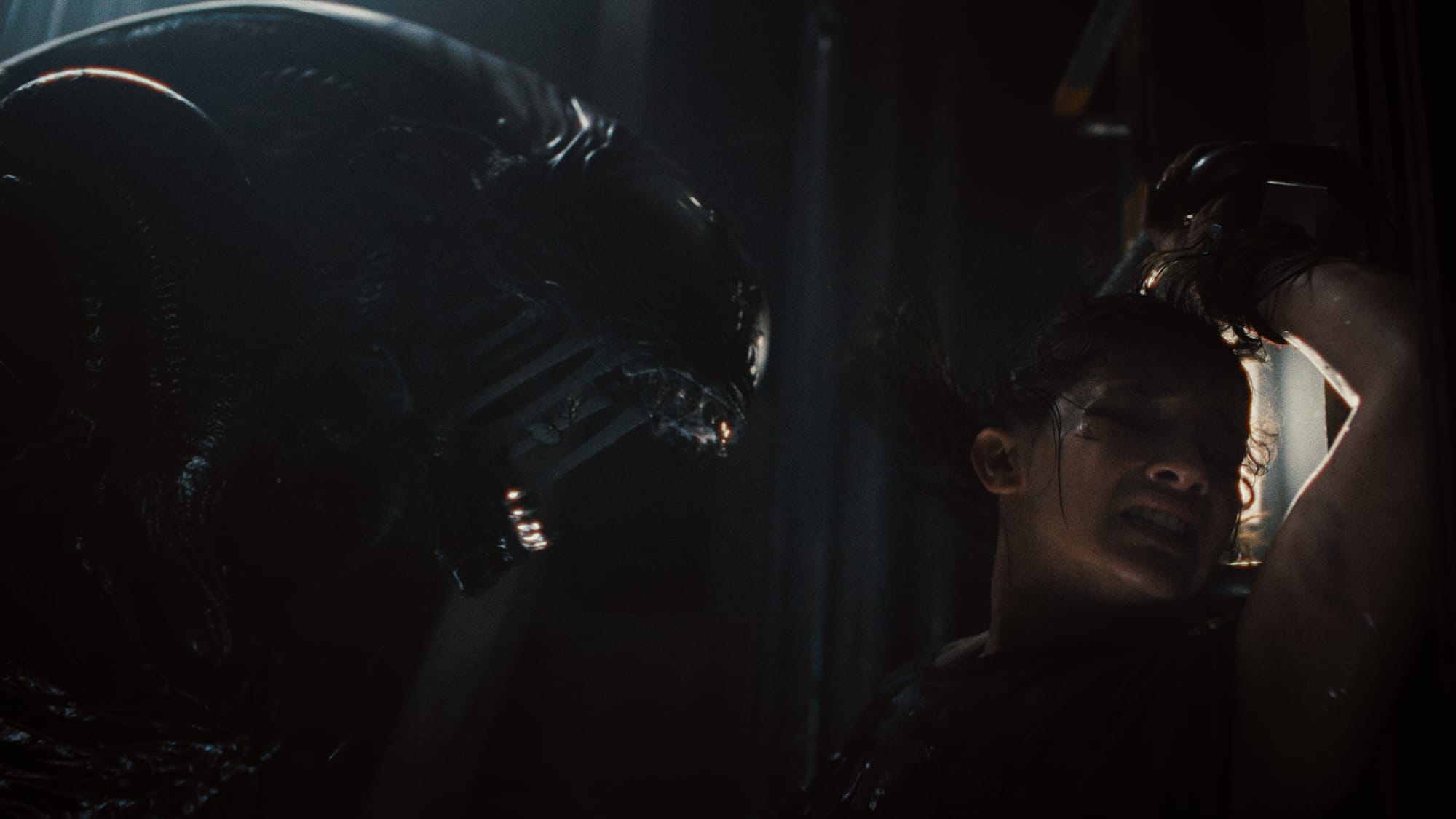
There’s a gnarly, angry splatter movie buried deep within the messy strands of Romulus, and one that would be much better served without the baggage of turning every narrative thread into another recursive strand of franchise DNA. Álvarez knows how to paint the walls red, finding devious and horrifying new ways to wield the Xenomorph’s violent biology as flesh-ripping force. Choice moments throughout are franchise all-timer material for how effectively they visualize the destructive potential of the xenos (though this also works against Álvarez, as he frequently overescalates to the point of trivializing the terror). Romulus certainly continues the franchise’s legacy of beautifully rendered production design, Naaman Marshall’s vision of a sunless, despairing mining colony and the derelict space station Renaissance floating above it are as spectacular as anything the franchise has to offer – especially when seen through Galo Olivares’ stunning cinematography.
Álvarez spends enough time carefully constructing the world of Romulus that it’s easy to look past the film’s earlier moments of gratuitous fanservice. Protagonist Rain (Cailee Spaeny carving a name for herself beyond the echoes of Sigourney Weaver’s Ellen Ripely in consistently brilliant ways) and her synthetic ‘brother’ Andy (David Jonsson with a mutable performance that’s repeatedly reinvented as Andy’s naïve, faulty programming is slowly remapped into something new) make for a perfect central dynamic; testing the limits of love and dedication while questioning the nature of humanity through flesh and wiring. As the camera glides above the clouds towards the decommissioned space station tumbling through orbit, it does feel like something exciting and new is being birthed here. Yet as effective as it can be in its visions of gory sinew and shattered bone, Álvarez’s grindhouse splatter is so unrestrained that the film can’t build on the tension it creates, becoming a vacuum of blood and viscera.
Romulus is so eager to show its hand, so excited to prove how well it can pull off the gooey practicals and slasher violence, that it barely has time to register more than two characters as meaningful presences. The rest of the crew of unruly teens around Rain and Andy are immediately established as two dimensional xeno-fodder, rough archetypes that sketch out characters loosely enough that you can fill in the rest. There’s a tough leader, a racist who hates synthetics, a quickly established Chekov’s pregnancy that couldn’t possibly be foreboding in a franchise that previously featured an alien abortion sequence. Disposable teens might be the hallmark of most slasher franchises (see Álvarez’s Evil Dead, a better setting for his blood-drenched fantasies but still overwrought and exhausting), but Alien has always been marked by its casts of memorable characters – the random, violent cruelty of the universe has more weight when everyone feels lived in and not just a vaguely defined throwaway character whose destiny is clear from the moment they appear on screen.
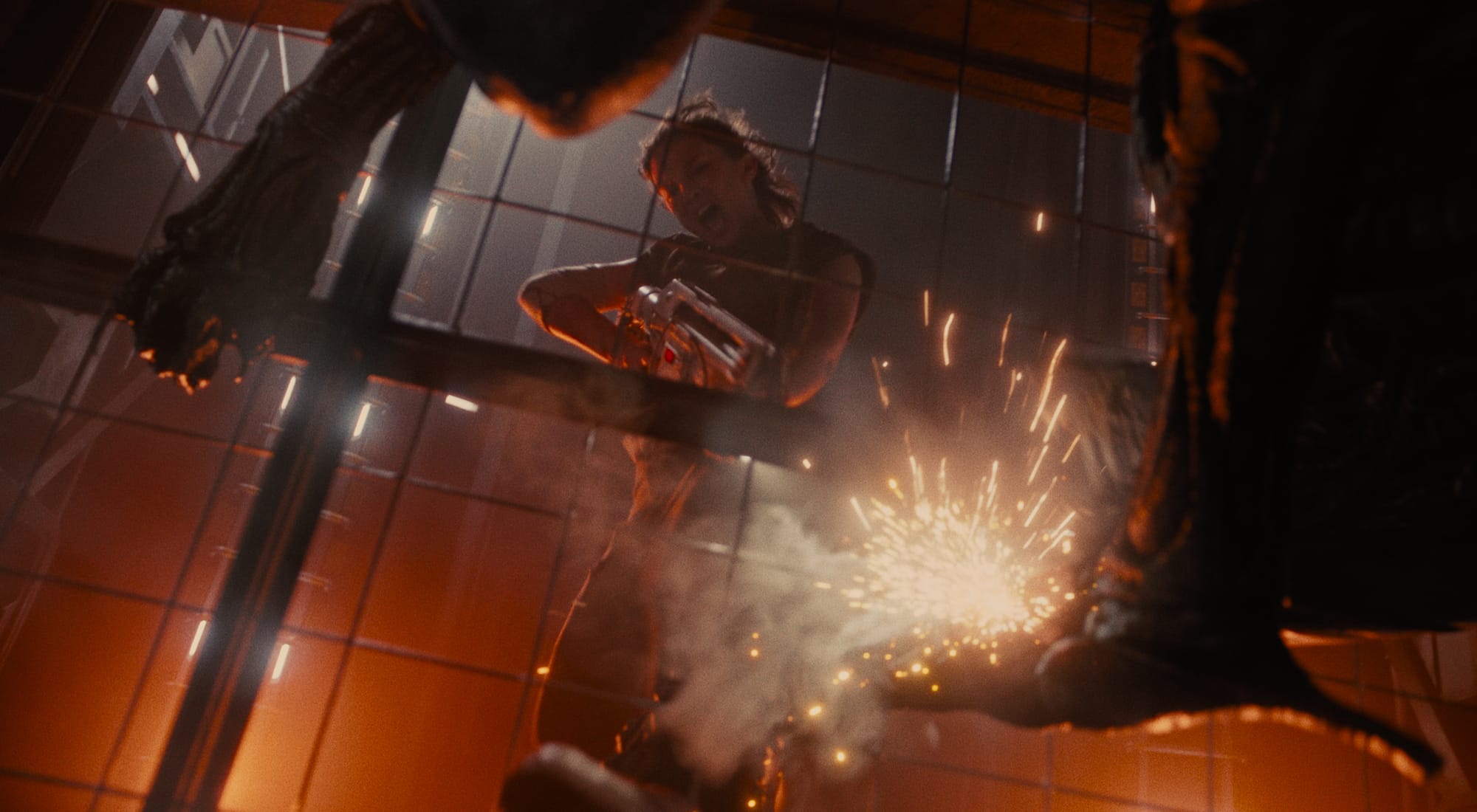
If the worst thing Romulus ended up as was blood-soaked xenomorph grindhouse splatter filled with gratuitous fanservice, it would probably be passable as a cheap popcorn imitation of the Alien franchise at its best – but despite its extensive efforts, the most terrifying thing Romulus does is insist on its constant usage of deepfake performance resurrection, completely disrespecting the legacy it spends so much time insisting it adores. No matter how well the franchise lore might set a precedent for the way this is written into the film (a flimsy excuse since the established precedent serves a very explicit narrative purpose and this exists solely to be a familiar face), to so garishly force a performance on a deceased actor sets a precedent far worse than the one justifying its existence. The idea that this is some kind of loving tribute or homage to one of the most brilliant character performances of all time is laughable, much less the idea that this is somehow meant to please long time fans.
Romulus is frustrating to watch. It should be easy for Alien to be great, and it’s even easier to want it to be great. For all its faults there are few franchises that have been so consistently fascinating and beautiful, constantly reinventing and discovering new horrors across the cosmos. Even when it fails there is something elegant in the process, and commitment to them rewards endless appreciation of the countless permutations and possibilities each film provides. Romulus doesn’t feel in step with any of that, a film that presents beautifully until the first tail rips through the surface and tears it all to shreds, when it all crumbles beneath the weight of itself as it tries so desperately to please every possible kind of Alien fan there is. The fans of isolationist terror, the fans of plasma-blasting action, the fans of cosmic body horror, the fans of visceral creation and those in search of the missing space between Covenant and Alien (a space that, in beautiful rejection of being neat and tidy, implied that maybe David’s journey had nothing to do with what would happen to the Nostromo at all). In its attempt to please everyone it can’t become any one thing at all, a series of well executed notes with no discernible progression. The first Alien movie that couldn’t survive its own monster.


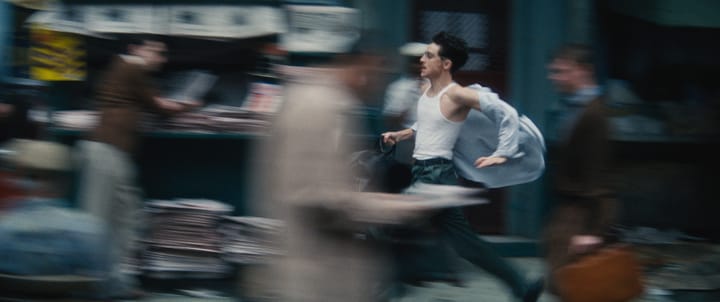
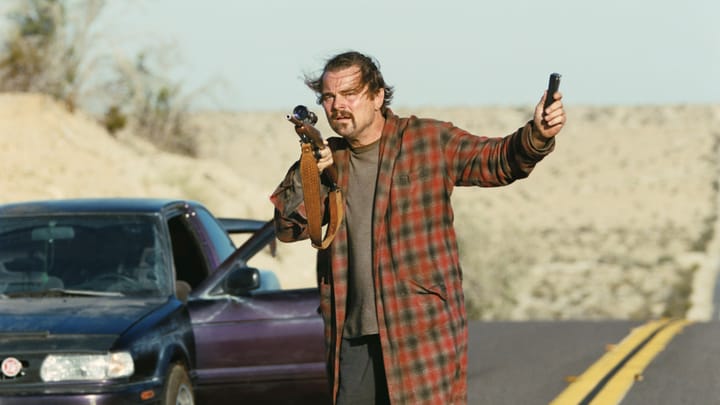
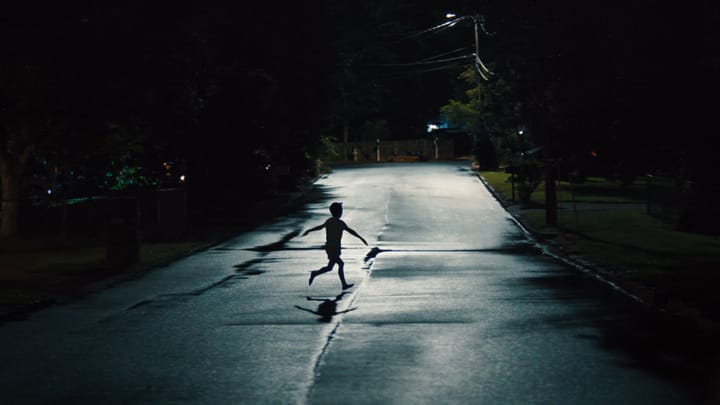
Comments ()